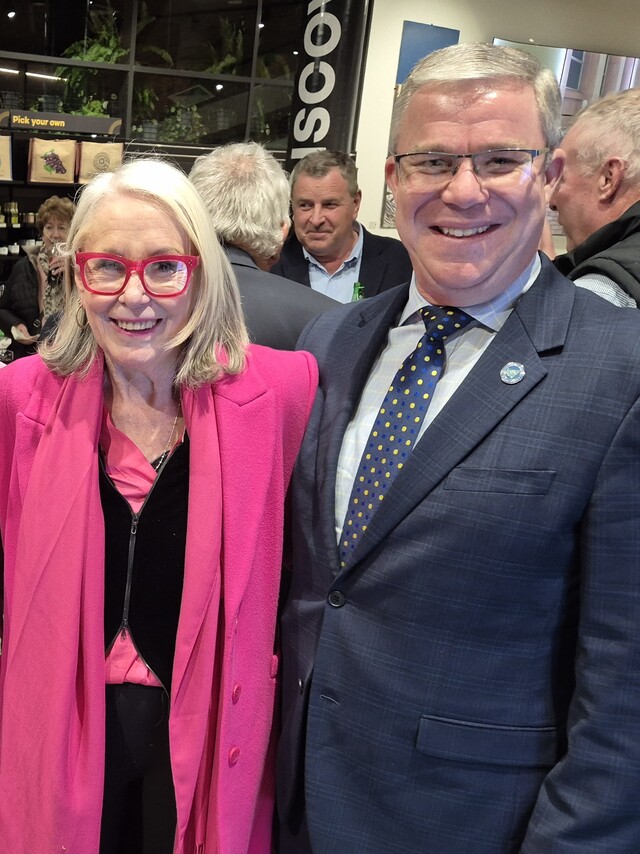In each edition we feature the views of a Local Government Association President. The following is from Councillor Paul Bell, President of the Local Government Association of Queensland.
Just over six weeks ago all of the LGAQ’s member Councils gathered in Brisbane to attend a special conference on the future Size, Shape and Sustainability of Local Government in Queensland.
Queensland Councils met together for a day and a half in Brisbane to map out a strategy to ensure they remained the masters of their own destiny. This initiative grew out of concern regarding developments in a number of other States and policy shifts in Queensland. Both the Queensland ALP and Liberal Party have not ruled out forced amalgamations in the next term of State Government, that is 2007 and beyond.
Our special conference heard from a range of home grown and interstate experts, including the presidents of the New South Wales Shires Association, Western Australian Local Government Association and CEO of the South Australian Association. Their advice of grasping the nettle and not standing idly by was well heeded by all in attendance.
Participants considered the drivers for change, sustainability indicators as well as a reform review framework and how the process might be facilitated. Many hours were spent canvassing all the options and considering alternatives to a wholesale one size fits all centrally imposed amalgamation.
With the assistance of the mayors of Barcoo, Etheridge and Maryborough, affectionately known as the ‘Three Wise Mayors’, a communiqué reflecting the tenor of discussions was drafted and put before the last session of the Special Conference. By a vote of 269 to two, the delegates resolved an historic statement of Local Government’s views and aspirations and a practical plan for action. The conference realised that there were many alternatives to amalgamations including shared service agreements between Councils, stronger regional cooperation, virtual Councils and partial boundary change. Of course, not ruling out voluntary amalgamations where independent research supported that option and communities voted for it.
In the period since the Special Conference, the LGAQ Executive has settled on a detailed implementation plan and I have sought funding assistance from the State and Federal Ministers for Local Government.
The LGAQ Executive’s plan has the support of the Queensland Government and will commence to be rolled out as soon as funding is secured. I hope much of the hard work can be completed by Christmas 2005, letting Councils get on with the important tasks of reviewing their arrangements as early as possible in 2006.
Queensland Local Government and its peak body the LGAQ remains fundamentally opposed to forced amalgamation and sees the next few years as critical in showing other levels of government and the community that we are capable of arranging our own affairs and acting in our citizens’ long term interests.







